Take The Gay Test For HOCD
Find out more about HOCD and take the HOCD gay test. Manplay.com is here to inform you of the signs and symptoms, so you can find out once and for all. Are you experiencing anxiety about your homosexuality? If you feel under pressure about recently coming out, or you have fears about your sexuality that are turning into obsessive thoughts, you may be experiencing HOCD. HOCD occurs in gay men when they begin to fear the thought of being heterosexual. They experience thoughts of being in heterosexual relationships and obsess over relationship statuses. The fear of not feeling fulfilled causes anxiety and confusion. Can you relate to any of those feelings? Know that you're not alone. Although it is not known how many people suffer from HOCD, if you do a quick search on the web, you'll see a ton of articles pop up on the disorder. HOCD is an anxiety disorder with a cure, so know that there is hope and that you will be okay. What you're looking for now is reassurance and understanding. Maybe you don't know why you're having these feelings, and that in itself is causing you stress. The best thing you can do is find a support system to go to when you are feeling overwhelmed with thoughts and feelings about your sexuality. If your main feeling is doubt, start asking yourself questions about how you really feel about your sexuality and try to get to a place where you can accept how you're feeling. Only then will you be able to come to terms with your feelings and your sexuality.
Questions About Your Sexuality & HOCD
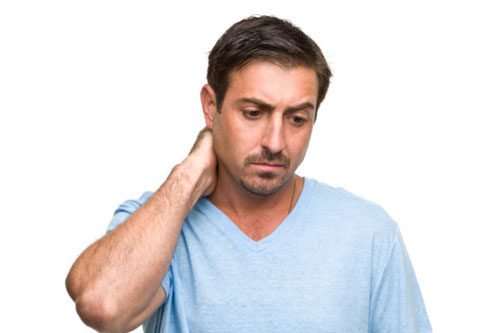
Below are some statements regarding sexuality that will help determine if you are experiencing signs and HOCD symptoms. Remember that even if you can answer yes to these statements, it doesn't mean that you have HOCD, but it's likely that you do. At the end of this article, there will be links to HOCD centres where you can get more assistance if you feel like you're in need.
1. I often have unwanted thoughts and/or mental images related to my sexual orientation. 2. These thoughts and/or mental images cause me great distress, and I can’t get them out of my mind no matter how much I try.
3. I worry excessively that I will act on these thoughts.
4. I sometimes experience unwanted sensations in or near my sexual organs in unexpected situations (i.e., after seeing an attractive person of the same gender, or while watching film or TV show with a gay character), and I worry this is evidence that I am sexually aroused or that I am gay.
5. I worry that some childhood same-sex experimentation is ‘proof’ that I am actually gay, or that it somehow ‘made’ me gay.
6. I fear the possibility that I am ‘living a lie’ in terms of my sexual orientation.
7. I prefer to avoid being around certain people, places, or situations in an effort to ensure that I will not have unwanted thoughts about my sexual orientation (or unwanted sensations in or near my sexual organs).
8. I avoid certain movies, tv shows, books, magazines, news stories, performers, music, or websites in order to avoid having unwanted thoughts about my sexual orientation.
9. I sometimes check myself (either physically or mentally) to see if I am sexually aroused in situations in which I don’t want to be aroused (i.e., after seeing an attractive person of the same gender).
10. I sometimes ask others for reassurance about my sexual orientation.
What To Do If You Think You Have HOCD

2. These thoughts and/or mental images cause me great distress, and I can’t get them out of my mind no matter how much I try.
3. I worry excessively that I will act on these thoughts.
4. I sometimes experience unwanted sensations in or near my sexual organs in unexpected situations (i.e., after seeing an attractive person of the same gender, or while watching film or TV show with a gay character), and I worry this is evidence that I am sexually aroused or that I am gay.
5. I worry that some childhood same-sex experimentation is ‘proof’ that I am actually gay, or that it somehow ‘made’ me gay.
6. I fear the possibility that I am ‘living a lie’ in terms of my sexual orientation.
7. I prefer to avoid being around certain people, places, or situations in an effort to ensure that I will not have unwanted thoughts about my sexual orientation (or unwanted sensations in or near my sexual organs).
8. I avoid certain movies, tv shows, books, magazines, news stories, performers, music, or websites in order to avoid having unwanted thoughts about my sexual orientation.
9. I sometimes check myself (either physically or mentally) to see if I am sexually aroused in situations in which I don’t want to be aroused (i.e., after seeing an attractive person of the same gender).
10. I sometimes ask others for reassurance about my sexual orientation.
What To Do If You Think You Have HOCD

After reading these statements, do you feel like you can relate to some or all of the symptoms? It's perfectly normal to feel these things, and to evaluate your sexuality if you haven't always been sure of your sexual preference. If you find that you are questioning who and what attracts you, maybe it's time that you face who you really are. Your sexuality is not defined by an event that happened in your life, but by your genetic make-up when you were born. If you are a gay male, you have been that way since you were born, and that's something to be celebrated. There is nothing that you can do to change how you naturally feel. Your wants and desires are organic, so if you're feeling a different type of way than accepting of your sexuality, you may have some work to do. It's easy to get wrapped up in the 'shoulds' and 'woulds' of the world and stress about your decisions. If you have the right information, and the right support system, being yourself and accepting who you really are will get easier over time.
How To Cope With HOCD
If you feel like your HOCD has gotten out of control, and you can no longer handle your anxiety, you should perhaps look into speaking with a professional. This doesn't mean that there's something wrong with you, but there are people out there that understand the disorder and can help you cope with it. There are different things that you can train your mind to think so that the matter of your sexuality doesn't overthrow your day to day activities.
Another thing that helps is to embrace the thoughts that you're having. If you fear your sexuality, you will never be able to accept it. You'll never be able to explore your true feelings if you're having too many negative thoughts about them. To embrace your thoughts and feelings means that you are open to who you truly are, and that you want to get to the bottom of it so that you can start enjoying your daily tasks again, and not trying to block everything out.
There are relaxation techniques that help in reducing stress. These techniques could help you cope with your stress until you get the answers that you need. Meditation is a great tool used to clear the mind. Try sitting comfortably in a quiet spot with no distractions for a half an hour. Keep your eyes closed and concentrate on your breathing. If you find that your mind wanders to other thoughts, gently bring your focus back to your breath. This practice might not be easy at first but over time, you'll find yourself more relaxed and able to slow your breath down and clear your mind of unwanted, negative thoughts.
A natural proven remedy that you could try are essential oils. There are different blends for different emotions, but for anxiety, bergamot, basil, lavender, marjoram and ylang ylang have all been proven to work wonders. You can find these oils at a local health food store, or order them online if you're not in the mood to deal with people. You can rub these oils directly on your temples, behind your ears or on your neck, or you can burn them in a candle holder that holds a tea light candle at the bottom and a little bowl made to put a few drops of oil in. You can mix meditation with the smell of essential oils for an even more peaceful experience.
Once you find the coping method that works for you, unfortunately, the next thing to do is wait, and how long you have to wait for a sense of peace is up to you. You'll need time to adjust to your new feelings and to accept who you are and how you really feel. If you choose the therapist route, you will get extremely helpful, introspective techniques that will speed up the process, and allow you the room you need to understand your feelings. If you are serious about eliminating the stress and anxiety in your life, you won't have to wait long because you'll be actively practicing coping mechanisms.
Your Future With HOCD
If you've read this article and think that you have HOCD and would like more information so that you can start your healing process, here are some links that will help you. Researching what is best for you and what will help you overcome your HOCD will help you understand what you're dealing with. There are thousands of sufferers out there that can relate to your thoughts and feelings, so look into what others are going through for comfort. Below are centres and hospitals in the U.S that can help you with your HOCD.
-Columbia Phychiatry
-OCD Center of Los Angeles
-Louisville OCD Clinic
-Rogers Memorial Hospital
-McLean Hospital
-Huston OCD Program
Finding the right place for your needs is important. If you require further assistance, it's a great idea to look into centres in your area that can assist you. This article is meant to give you a good foundation into understanding your HOCD disorder. There is a cure for your HOCD, and understanding it and how it relates to you is the best first step you can take. Understanding HOCD is not a gay test, how you feel about your sexual preference will ultimately help you understand your sexuality. What you're doing is understanding why you obsess about your sexuality and how you can cope with it, and accept it going forward.

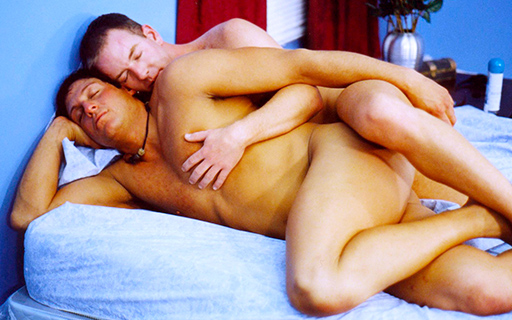
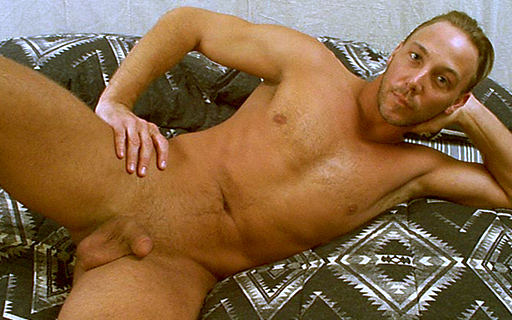


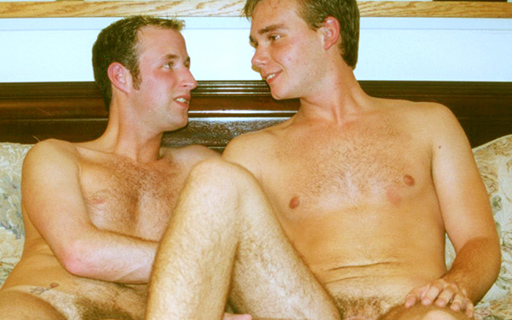
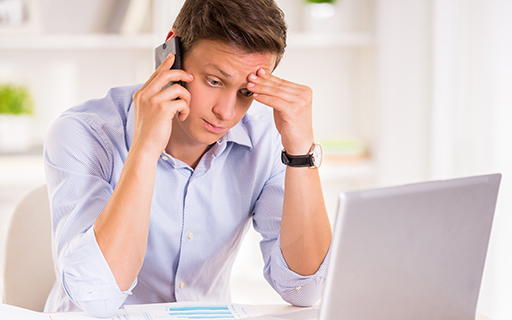





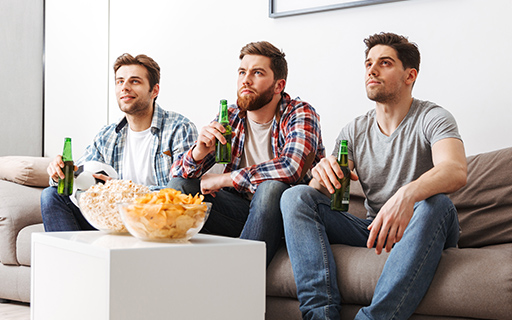





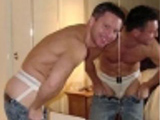







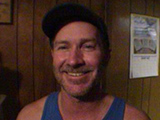




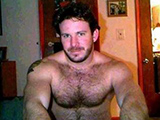



















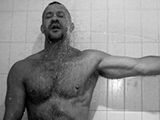















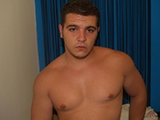


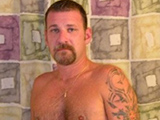


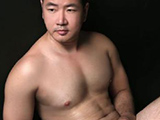

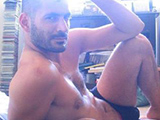



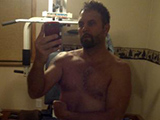


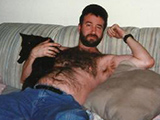





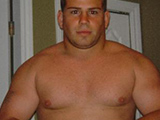

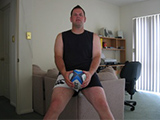
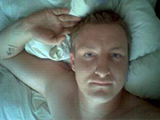

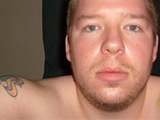












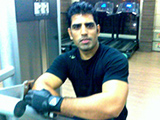









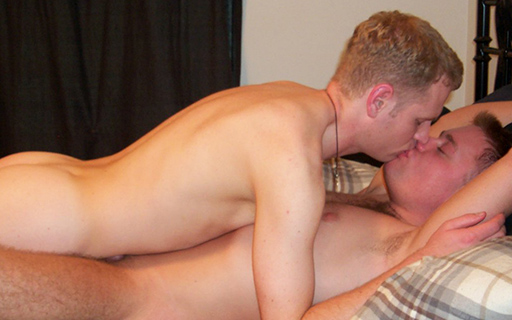

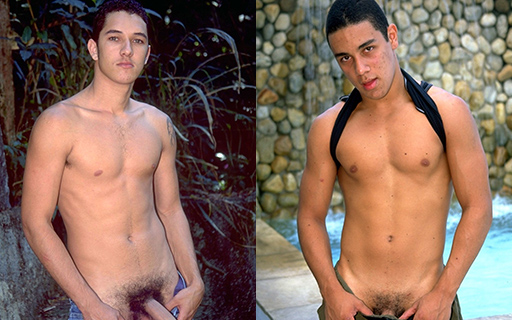
Comments